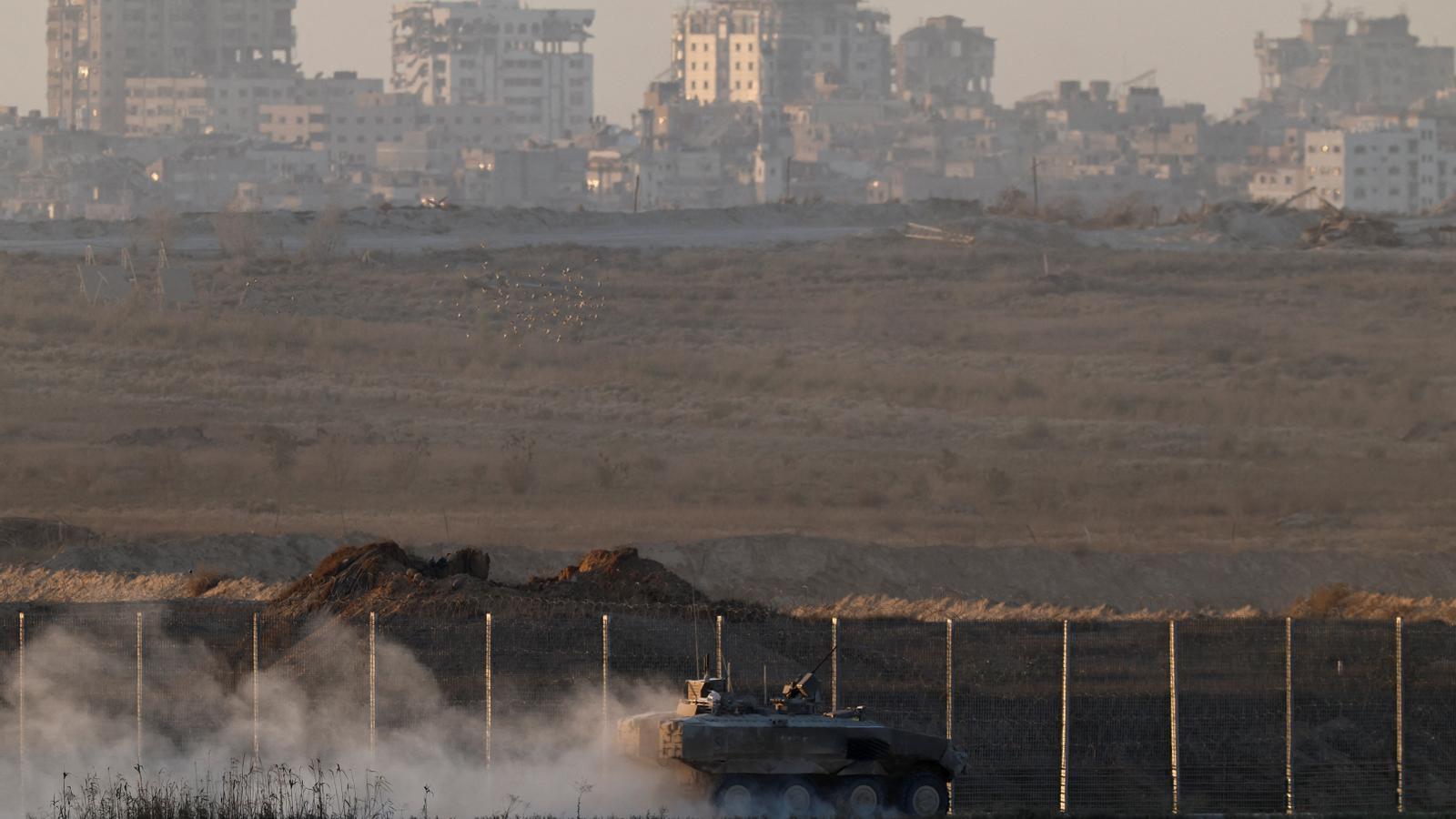Trump will chair a "major meeting" at the White House on the future of Gaza on Wednesday.
The US special envoy announces, once again, a "comprehensive plan for the day after the war" but does not specify anything.

BarcelonaUS President Donald Trump is once again placing Gaza at the center of his agenda this Wednesday. The White House will host a "major meeting" to discuss the plan the US administration is preparing for the future of the Palestinian enclave once the war is over. The meeting, which will be chaired by Trump himself, aims to shape a "comprehensive plan" for the "day after," according to the president's special envoy for the Gaza Strip, Steve Witkoff, in an interview with Fox News on Tuesday. He did not clarify who might participate, although Israeli Foreign Minister Gideon Sa'ar is currently in the US capital.
In the same address, Witkoff admitted that he cannot say whether he shares Benjamin Netanyahu's goal of completely destroying Hamas, but he did emphasize that "an agreement" and a prisoner exchange that generates "content on both sides" will be necessary. The Trump administration aims to resolve the conflict "one way or another" before the end of the year, he emphasized. These words correct those spoken by Donald Trump this Monday, who spoke of "positive news" in two or three weeks.
The announcement on the president's preferred network about the existence of the "comprehensive plan" marks the first time a senior White House official has publicly admitted the existence of a US strategy for managing Gaza if Israel ever ends its systematic destruction of the enclave and puts an end to the martyrdom.
Until now, Washington had left this debate to its Arab allies in the region, although it is true that Trump had already outlined his vision for how to turn the page on the conflict in February: assume direct control of Gaza and permanently relocate Palestinian residents. An idea that Israel applauded but was rejected by Arab countries, which the administration trusted would accept hosting Palestinian refugees.
According to Witkoff, the plan to be presented in the coming hours will be "solid and well-intentioned" and will reflect the president's supposed "humanitarian motivations." However, Witkoff declined to go into details. But the credibility of the announcement is clouded by precedent: a month ago, Trump promised a new aid plan for Gaza that has never materialized. The only measure confirmed so far is the future expansion of the number of food and medicine distribution points in the Gaza Strip. controversial Gaza Humanitarian Foundation, where more than 2,000 people seeking food have already been killed in hunger lines.
Broken promises
The number of centers was supposed to increase from three to sixteen, but the expansion has not yet materialized, and only half of the $30 million pledged has been transferred, a figure that experts consider insufficient. Meanwhile, in Thousands of trucks with humanitarian aid are waiting in Jordan and Egypt. an authorization from Israel that is not enough to enter the Strip and begin to alleviate, at least minimally, the hunger that exists.
But the words of Trump's special envoy and those of the president himself now mean almost nothing to the Palestinians, who on Tuesday saw how the Netanyahu government ignored, once again, the truce offer accepted by Hamas, which is on the table by the media of E.
On the contrary, Israeli forces continue to bombard Gaza City and other points in the Strip, as well as carrying out punitive operations in the occupied West Bank. This Wednesday alone, according to sources cited by Al Jazeera, 21 Palestinians were killed in different Israeli attacks. And on Tuesday, according to data from the Gaza Ministry of Health, which is controlled by Hamas, at least 64 Palestinians were killed, including five people in a Gaza City market. Since the start of the war, Israel has killed 62,819 people and injured 158,629, not counting the victims of the last 24 hours.
Even so, in the aforementioned interview, Witkoff also asserted that he sees signs of openness. According to him, Hamas would be willing to cede political control of Gaza to a committee of independent Palestinian technocrats. But the group refuses to disarm, and Israel considers its demilitarization essential to ending the war.
Witkoff has visited Gaza twice, most recently this month, and described the territory as "a demolition zone with more than 30,000 unexploded ordnance." He also emphasized that Trump has met with the families of almost all the Israeli hostages and insisted that his goal is "to end the war as soon as possible." In fact, he went further, placing Gaza alongside other major international dossiers: Russia-Ukraine and nuclear negotiations with Iran. According to him, Trump aims to end all three conflicts before the end of the year and consolidate thus his candidacy for the Nobel Peace Prize, that Witkoff himself has publicly claimed for the magnate.
The investigation ordered by the Israel Defense Forces into the killing of 20 people at Nasser Hospital in Gaza on Monday has concluded with the expected verdict. Beyond Prime Minister Benjamin Netanyahu's apology for the deaths of five journalists, which he called an "accident," the IDF justified the attack by the presence of a camera on the hospital premises, which Hamas fighters allegedly used to attack Israeli forces. In its statement, the Israeli army claims to have identified six of the victims as terrorists, but offered no evidence or explained how the press equipment was differentiated from the alleged enemy surveillance devices. It also did not clarify why it used the "double strike" method, which killed four of the five journalists killed. The Israeli army has admitted gaps in the investigation, including the type of ammunition and decision-making on the ground. Hamas, for its part, denies having placed the camera in the hospital.
